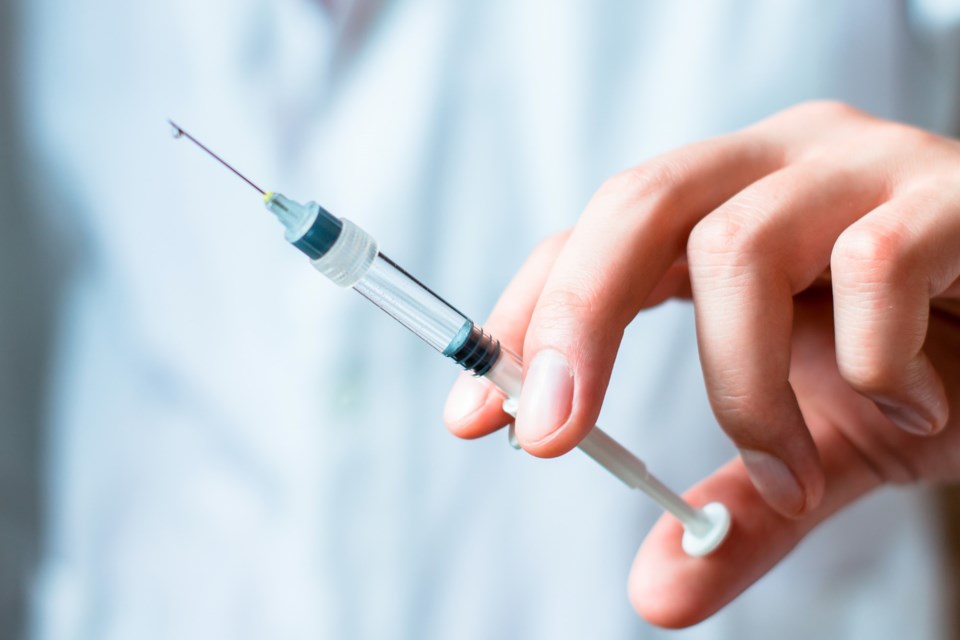A Guelph-based biopharmaceutical company has signed an agreement with an organization within Brazil's Ministry of Health to develop what it calls a biosimilar cancer drug and possibly five other products.
The goal for PlantForm Corporation and Bio-Manguinhos/Fiocruz's new deal is focused on a biosimilar version of the Keytruda drug and five future products for Brazilian and world markets, at a more affordable price.
Keytruda – the name brand for the drug pembrolizumab – can be used on its own or with other drugs to treat different types of cancers.
It's administered by a slow injection.
Sales of the drug are expected to exceed $35 billion by 2028, putting it on track to be the top-selling drug in the world.
A biosimilar drug is an almost identical copy of an already-approved drug, but cannot be manufactured until the patent for the original drug expires. The drug will lose patent protection in Brazil in 2028.
"Biosimilars have been introduced into markets at 50 to 90 per cent of the name brand price," said Don Stewart, the president and CEO of PlantForm.
He said it's hard to say what the price point would be for the biosimilar drug in 2028, but is calling it an exciting opportunity to provide a solution in the health care system by removing a cost-related barrier for people to receive cancer treatment.
He said some drugs can cost upwards of $150,000 US for a treatment course.
This deal is an extension of a 2021 agreement between the two sides, which Stewart said has been going well.
He said the extension is a show of faith in its plant-based manufacturing program vivoXPRESS, by what he calls Brazil's equivalent to Health Canada.
"Our system is able to produce a drug at a cost-effective manner, at which we can still make a profit at below 50 per cent of the name brand price of these types of drugs," Stewart said.
The first and third phase clinical trials of the biosimilar drug is part of this collaboration.
After the trials have been completed successfully, the drug would first enter the Brazilian market before expanding to the rest of the world, including Canada.
Stewart said "excellent progress" has been made by the research team, and the path forward puts the drug in "a solid position to be one of the first biosimilar pembrolizumab on the market in 2028."
